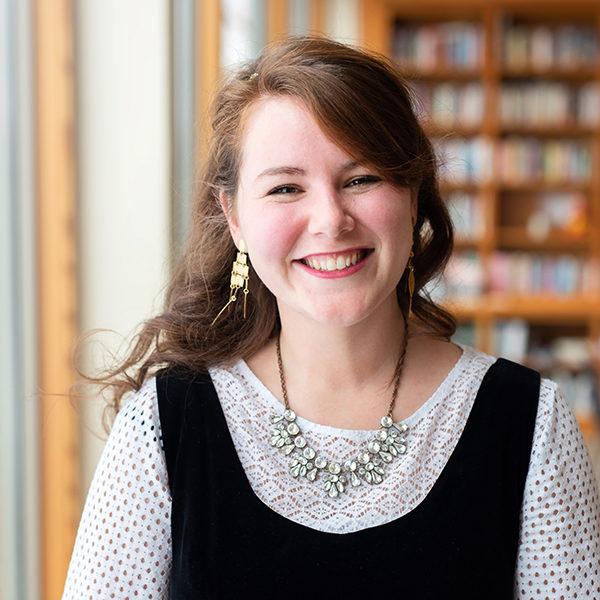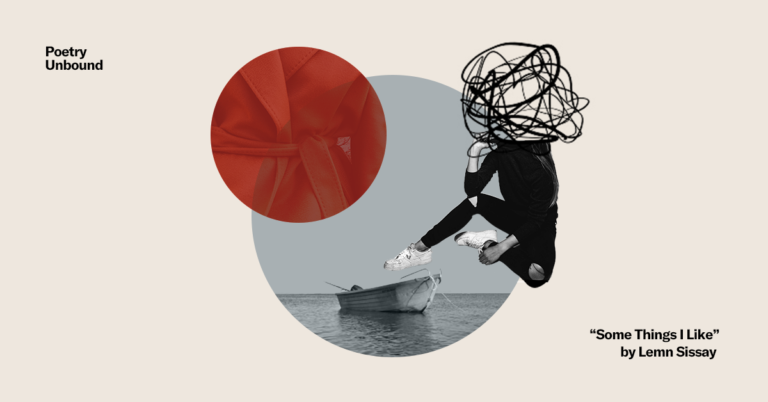The Musical Complement to Darwin’s “Deep Time”
In between our first listen to the rough cut of Krista’s interview (what we call “cuts and copy”) and the final listen to a more polished production, our technical director selects music that weaves in and out of each episode of On Being. Superfans might recognize a pattern over time: Zoë Keating makes a regular appearance as our theme music, Gustavo Santaolalla and the inventive German pianist Hauschka are regular go-tos.
His track “Varosha” was a natural fit for a recent episode with New Yorker writer Adam Gopnik. There’s a running motif of a ticking clock, and a syncopated melody (perfect for a modern dance class) that distorts and reorganizes itself, present even when the music slows to half speed. Maybe it’s a stretch, but for me it faintly recalls a point in the conversation where Gopnik discusses Darwin’s thesis on quick time and deep time:
Adam Gopnik: One of the things that gives Darwin’s life and his work its enormous, almost tragic, pathos is that he became acutely aware of that. Biological evolution only operates and only makes sense if you’re able to open your mind up to geological time. The vast abyss of time. And Darwin’s whole point is it only takes place over these vast expanses of times that we can understand abstractly, but we can’t experience. And our own actual existence takes place in this tiny, brief lightning flash of existence. And that includes the life of ourselves, and of our loved ones, and of our children, particularly. And I talk in the book about his experience of his favorite daughter, Annie, who died tragically young.
Krista Tippett: What an imprint that left on him.
Adam Gopnik: Yes. And that rhythm, that pathos, that tension between our actual experience of the people we love, and the things that give meaning to our lives — so brief, so packed, something that only becomes more brief and more packed and more poignant as we age — against this limitless seeming span of time that’s responsible for our particular forms and for our particular capacities. That’s a kind of pathos in which Darwin is acutely aware. And it’s essential, it seems to me, to for lack of a better word, the spiritual experience of modern people, that we have to have double vision of exactly that kind.


Share your reflection